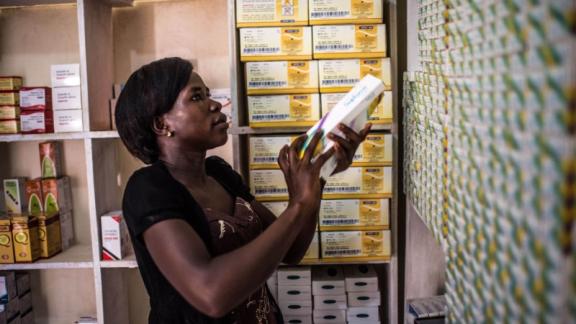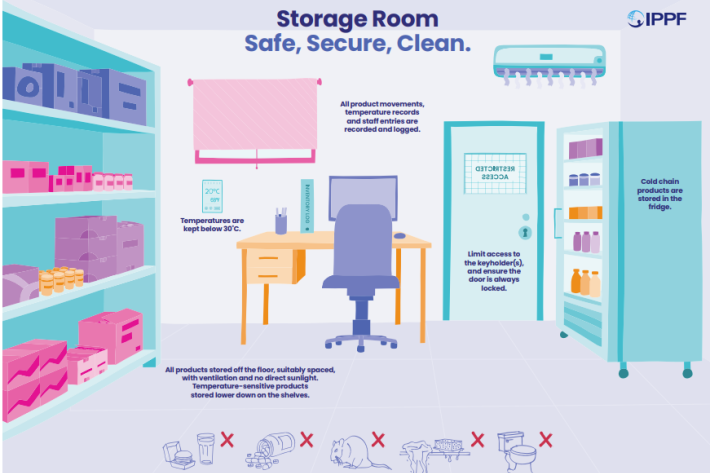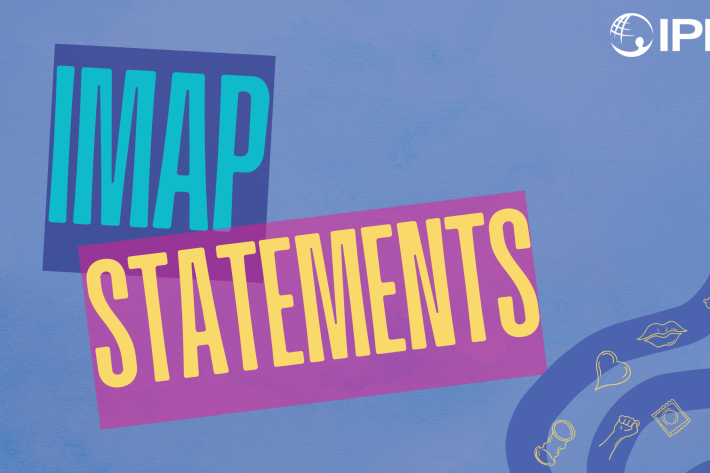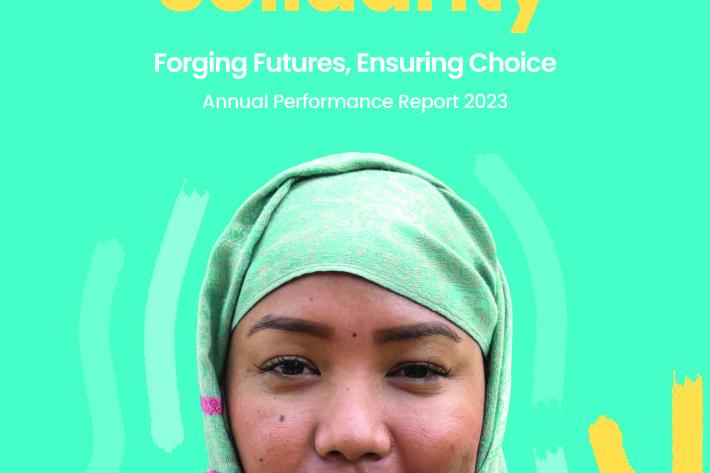Spotlight
A selection of resources from across the Federation
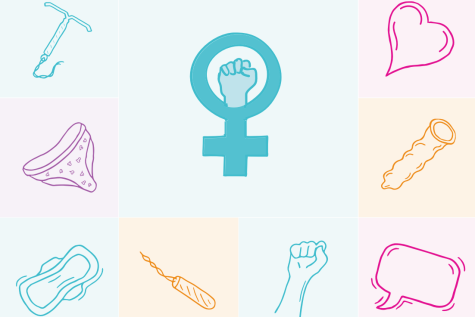
Technical Brief: Designing and Delivering Inclusive, Rights-Based Sexual and Reproductive Healthcare to Transgender and Gender Diverse People
This technical brief outlines key recommendations across several sexual and reproductive health service areas to promote access to inclusive care for transgender and gender diverse people.
Filter our resources by:

| 28 November 2016
IPPF & Durex launch World AIDS Day Campaign video
IPPF join forces with Durex on December 1st to raise awareness of the risks of unprotected sex as more than 75% of 16-35 year olds surveyed* use emojis to discuss sex, with 9 out of 10 claiming that a safe sex emoji would help them to talk more openly about safe sex. * 3GEM research questioning 3500 people from UK, USA, Brazil, China, India and South Africa commissioned by Durex – UK, October 2016
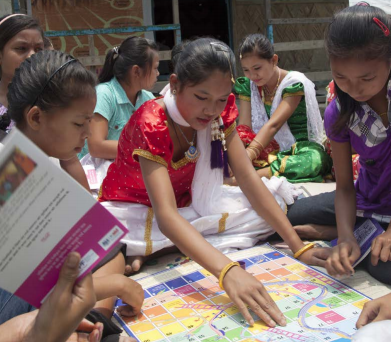
| 04 November 2016
Sustainable Development Goals and Family Planning 2020
Family planning is one aspect of the targets around universal access to sexual and reproductive health found in the SDGs (3.7 and 5.6). If your country is a FP2020 focus country or commitment maker, you can leverage the SDGs as a way of increasing the political priority of family planning, as well as ensuring the two SDG targets are being fulfilled. You can also use the Costed Implementation Plans (CIPs) – multi-year roadmaps designed to help governments achieve family planning goals – to strengthen your advocacy for the implementation of both the SDG and FP2020 commitments.
| 02 November 2016
Addressing the Contraceptive Funding Crisis
The world is facing a contraceptive funding crisis. Sufficient investment in contraception is not being prioritized at the global, national and subnational level. National and subnational governments need to prioritise family planning by allocating dedicated funds for contraceptive commodities. This discussion paper highlights contraceptive commodity security concerns in FP2020 countries in East Africa that will likely experience a reduction in global funding support for contraception from 2016 to 2020.

| 11 October 2016
Changing lives in Nigeria
Nigeria has Africa’s biggest population. And it’s still growing at 3% a year. A lack of family planning is one reason – many women and girls want contraception – but like millions around the world – can’t get it. But that could be about to change, thanks to a pilot project run by Planned Parenthood Federation of Nigeria (PPFN), IPPF’s national member. It’s proving a huge success. This is its story, told by the women whose lives it has changed and the people working to change them. LAUNCH THE INTERACTIVE STORY
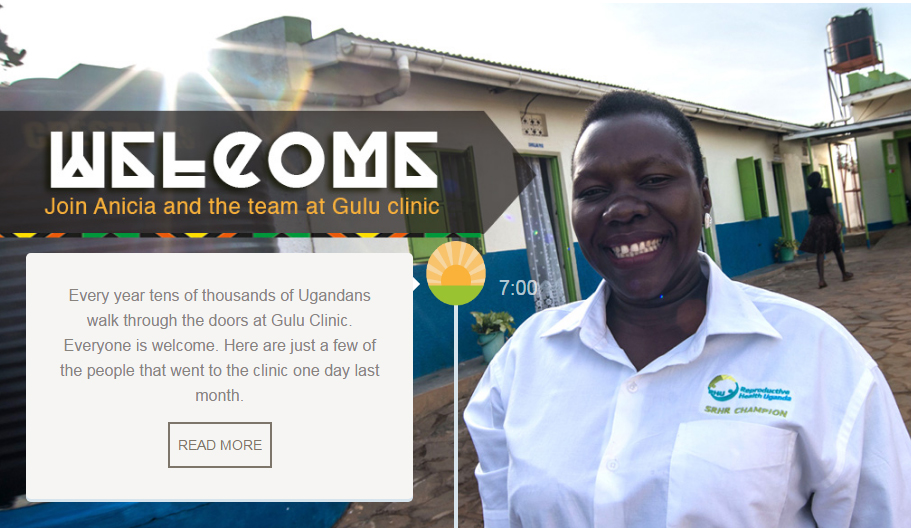
| 01 October 2016
Gulu clinic: A one stop shop of services in rural Uganda
Uganda has one of the highest fertility rates in the world, and as a result, it also has one of the most youthful populations - more than half of Ugandans are under the age of 15. Approximately, 755,000 unintended pregnancies occur annually out of which 297,000 result in unsafe abortions. We are working hard on the ground to tackle these issues. Our Member takes the approach of offering people as many services as possible to get all health needs met in the same place. See a day in the life of the staff and clients of Gulu clinic, Uganda.
| 24 September 2016
Happy 1st Birthday, Sustainable Development Goals!
Share the cake and share our message to global leaders on the crucial importance of sexual health around the world. Only twelve months ago, every government at the United Nations signed up to the 2030 Agenda on Sustainable Development and agreed to take unprecedented steps to achieve gender equality and ensure access to sexual and reproductive health. The commitment is there but we now need to make sure that this translates into action on the ground, action at country level around the globe.
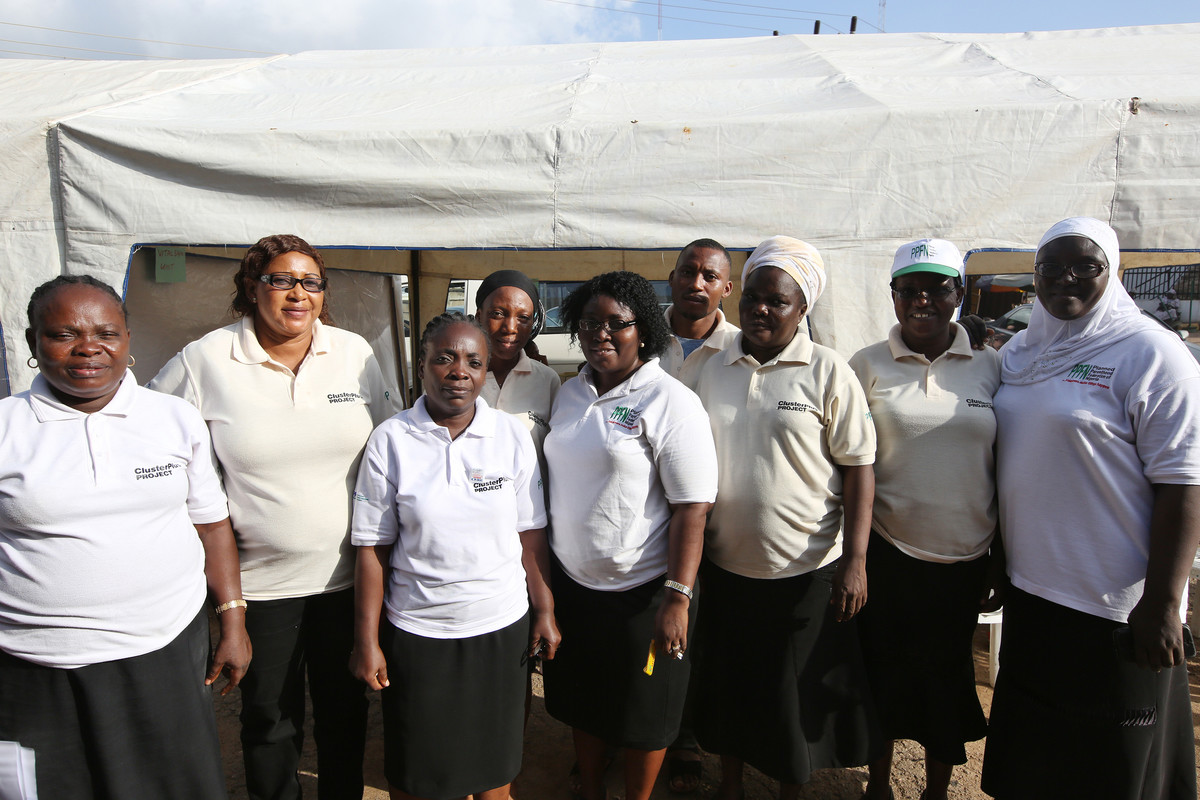
| 15 September 2016
Creating a one-stop shop of services in Nigeria
On the ground in Nigeria, one of programme officers explains why outreach is so successful: “The project was a one-stop shop which brought services together. So a woman could have screening for breast and cervical cancer, counselling and have access to all methods of family planning at the same place. Also if a woman was detected with early stage of cervical cancer, we were able to carry out a curative operation."
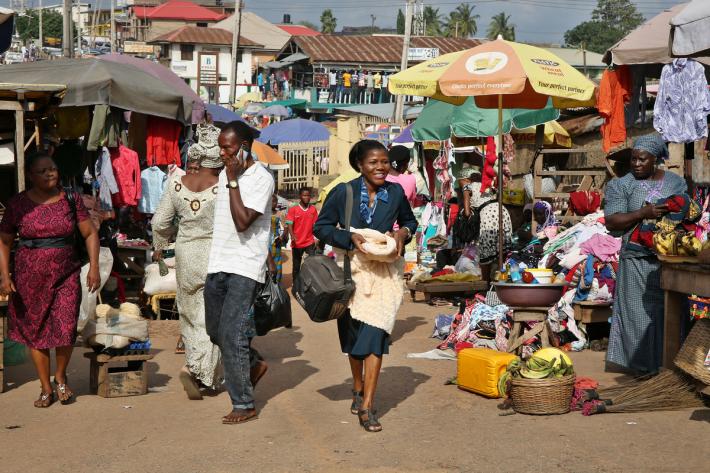
| 13 September 2016
Working in the community
Olusula, 40, is a Community Health Extension Worker in Nigeria. "I refer clients through vouchers to the facility of their choice for long acting and reversible contraceptive methods too", she says.
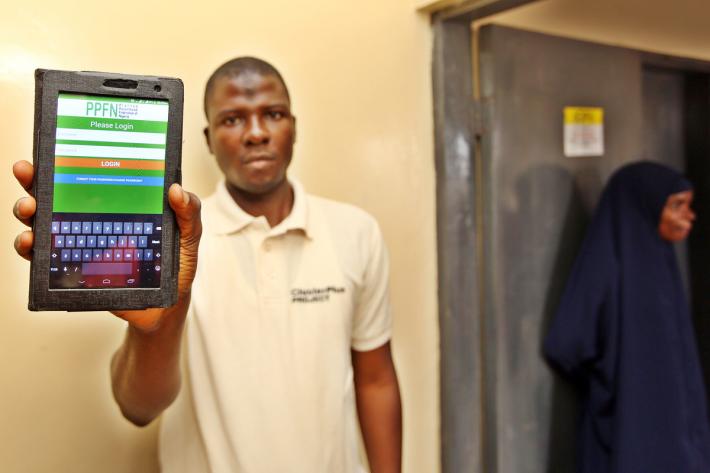
| 12 September 2016
Commodities and supplies
Monitoring and evaluation officer, Babatunde, is responsible for ensuring the supply of contraceptives for all the IPPF facilities in Nigeria, via an app. "I provided training on the mobile app for the store keepers at the facilities we worked with. All through the nine months of the Clusterplus Project, no facility ever ran out. This meant family planning methods were always available to those that needed them.”
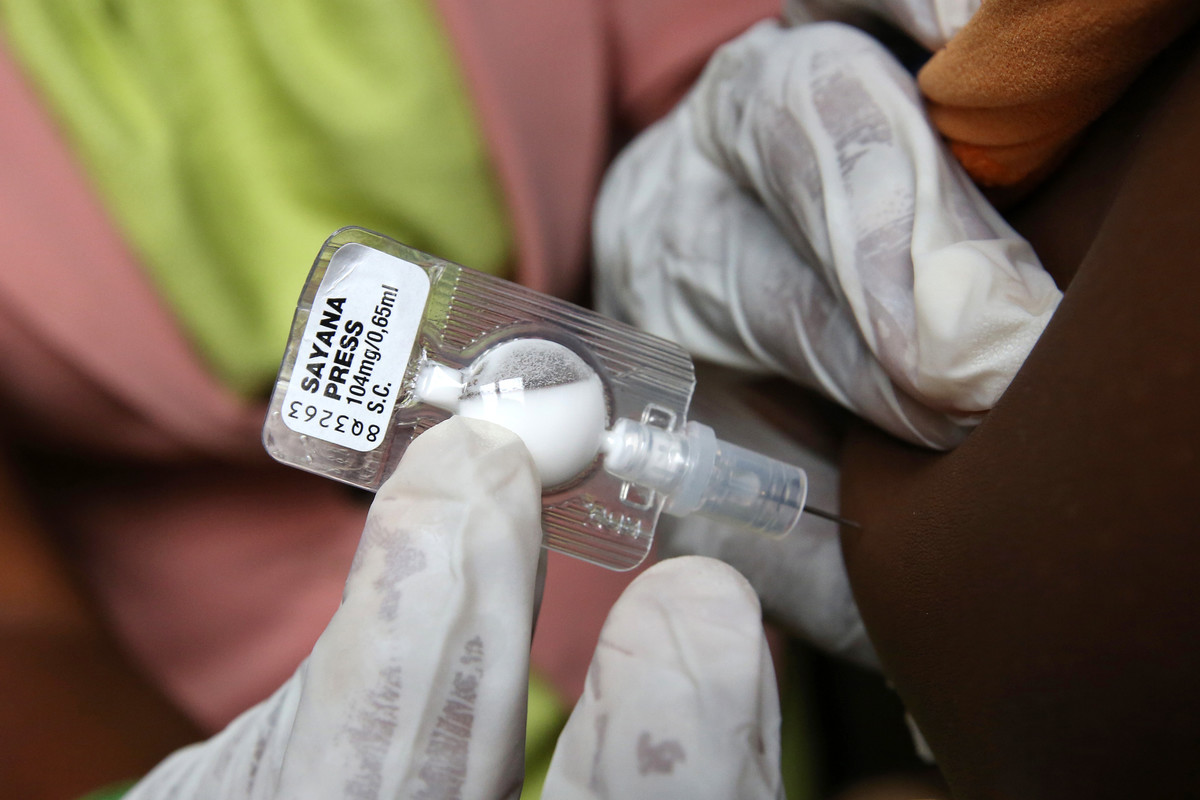
| 12 September 2016
Sayana Press
Emiade Kudirat, 24, is a Community Health Extension Worker doing outreach in Nigeria. She specializes in the Sayana Press - a three-month, progestin-only injectable contraceptive favoured for its convenience in administration and portability. One patient, 24-year-old Bukola Polpoola, says she is happy that her treatment was free and easy.







